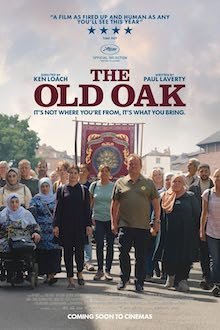Direction: Agnieszka Holland
Country: Poland / other
With shades of her mentor Andrzej Wajda in her filmmaking style, Polish director Agnieszka Holland (Europa, Europa, 1990; In Darkness, 2011), an important figure of the Polish New Wave movement, turns her gaze to immigration in a mesmerizing odyssey comprised of four parts. The narrative involves a Syrian family and an Afghan woman trying to cross the forest that separates Belarus from Poland, a border guard consumed by guilt, and a group of activists who welcome a psychologist turned staunch supporter of their humanitarian cause.
By filming in black and white with vision and nerve, Holland accentuates the realism of a painful crisis that exposes the worst side of human nature. Green Border is a tense affair, as dark and swampy as the forest landscapes and governments involved in its narrative, providing viewers with a disturbing scenario of racial prejudice and shocking indifference. Noble-minded in its revelatory disclosures, this tough-to-take look at the plight of migrants seeking asylum in the European Union overflows with passion, artistry, and rage in a segmented, formal structure that coheres.
The ensemble cast is solid, hitting the right emotional notes and building credibility with scenes that are Holland’s earnest attempts to bring to the world a harrowing chapter of her country’s history. The contemporary topic adds to the film’s urgent appeal in a social and political rant that, refusing to let hope go, confirms Holland as an incisive and influential filmmaker. Green Border was distinguished in seven categories in Venice, including the Special Jury Prize and Best Film in a Foreign Language.




